Best movies & TV Shows like Empire Builders
A unique, carefully handpicked, selection of the best movies like Empire Builders . If you liked Empire Builders then you may also like: The Universal Language, Surviving Progress, Hindenburg: Titanic of the Skies, The Jewish-Roman Wars, The Roman Street in the Aosta Valley and many more popular movies featured on this list. You can further filter the list even more or get a random selection from the list of similar movies, to make your selection even easier.
Throughout the centuries great empires have been erected, whose creators have governed nations, regions and continents for hundreds and even thousands of years. From the great civilizations of antiquity to the first world powers of our days, this series reviews the legacy left to us by the great empires that have written the history of humanity. Combining computer-generated images with dramatic reconstructions, experts and historians analyze the role these civilizations have played and how their heritage has survived to this day.
Empire Builders
You may filter the list of movies on this page for a more refined, personalized selection of movies.
Still not sure what to watch click the recommend buttun below to get a movie recommendation selected from all the movies on this list
Surviving Progress
Humanity’s ascent is often measured by the speed of progress. But what if progress is actually spiraling us downwards, towards collapse? Ronald Wright, whose best-seller, “A Short History Of Progress” inspired “Surviving Progress”, shows how past civilizations were destroyed by “progress traps”—alluring technologies and belief systems that serve immediate needs, but ransom the future. As pressure on the world’s resources accelerates and financial elites bankrupt nations, can our globally-entwined civilization escape a final, catastrophic progress trap? With potent images and illuminating insights from thinkers who have probed our genes, our brains, and our social behaviour, this requiem to progress-as-usual also poses a challenge: to prove that making apes smarter isn’t an evolutionary dead-end.
Hindenburg: Titanic of the Skies
The film explores the background and build-up to this final flight to disaster. Using dramatic reconstruction, archive footage and exclusive interviews with leading historians and engineering experts, the special delves into the political and scientific events that led up to the catastrophe.
The Jewish-Roman Wars
In the first century, after the death of Herod the Great, Judea goes through a long period of turbulence due to the actions of the corrupt Roman governors and the internal struggles, both religious and political, between Jewish factions, events that soon lead to the uprising of the population and a cruel war that lasts several years and causes thousands of deaths, a catastrophe described in detail by the Romanized Jewish historian Titus Flavius Josephus.
The Roman Street in the Aosta Valley
Today, the Römerstrasse in Italy's Aosta valley, is a significant traffic artery in the center of modern Europe. Nestler's journey explores the moving history of the Aosta valley, which passed through many hands - from the Roman Empire to Burgundian and Frankish kingdoms - until it was acquired by Italy in the 11th century. The now busy motorway, which runs from the Po Valley to the Great and Little St. Bernhard passes, is revealed through the timeless eyes of a historian. At the same time, the documentary sheds light on cultural traditions and contemporary life in the region.
The Column
The end of Trajan's Dacian Wars (106 AD), when south western Dacia was transformed into a Roman province: Roman Dacia.
I, Claudius
Acclaimed blackly comic historical drama series. Set amidst a web of power, corruption and lies, it chronicles the reigns of the Roman emperors - Augustus, Tiberius, Caligula and finally Claudius.
Wild New World
Journey through the long-vanished corners of prehistoric North America, beginning when man first entered the vast, unspoiled continent some 14,000 years ago, in this appealing BBC documentary. Witness ancient beasts, mammoths, mastodons, giant bears, and sabre-toothed cats, and see the legacies each has passed to their modern successors. Computer animation and digital effects bring to life mammoths, saber-toothed cats, giant ground sloths, short-faced bears, glyptodonts, and a plethora of smaller animals in a lush Ice Age mosaic. Discoveries from sites across America are the basis for the reconstructions. The BBC team behind "Blue Planet" and "Walking with Dinosaurs" now takes you back to an 'early America' beyond imagination. Travel back 14,000 years as humans were first entering the continent, sharing it with ancient beasts.
The Caesars
The Caesars is a British television series produced by Granada Television for the ITV network in 1968. Made in black-and-white and written and produced by Philip Mackie, it covered similar dramatic territory to the later BBC adaptation of I, Claudius, dealing with the lives of the early emperors of Ancient Rome, but differed in its less sensationalist depictions of historical characters and their motives.
How Art Made The World
Nigel Spivey reveals how the images which surround us today come from the ancient world. It's an epic journey spanning five continents and a hundred thousand years of history.
Empire Of The Seas
Historian Dan Snow charts the defining role the Royal Navy played in Britain's struggle for modernity - a grand tale of the twists and turns which thrust the people of the British Isles into an indelible relationship with the sea and ships.
Jesus: The Complete Story
Son of God is an award-winning British documentary series that chronicles the life of Jesus Christ using scientific and contemporary historical evidence. It was presented by Jeremy Bowen, and its first episode premiered in the United Kingdom on 1 April 2001. The executive producer was Ruth Pitt and it was directed by Jean-Claude Bragard—it took a total of 16 months to produce and cost GB£1.5 million. A full symphonic score was composed by James Whitbourn. Son of God featured interviews with 21 historians and other Biblical experts, live action reenactments of the life of Jesus with Leron Livo in the lead role, and computer-generated images of what locations from Jesus's time might have looked like. These images, created by design team Red Vision, were praised by critics and received an Outstanding Achievement Award at the 2001 Royal Television Society North Awards.
Rome: Rise and Fall of an Empire
The Germanic, Britannic and other barbarian tribal wars with Rome ultimately led to the decline and fall of the Roman Empire. This series is centered on the campaigns and battles with the barbarian tribes and extensive examinations of the reigns of little known Roman emperors and generals.
Byzantium: The Lost Empire
John Romer recreates the glory and history of Byzantium. From the Hagia Sophia in present-day Istanbul to the looted treasures of the empire now located in St. Marks in Venice.
Ground Warfare
Explore the nitty-gritty of ground warfare in an engaging and unpredictable way. From Ancient Egypt to Afghanistan in 2008; Crusader castle-builders to 21st century robotics experts and from Roman slashing weapons to AK47s – we tell the fascinating story of how Ground Warfare has evolved through more than 3000 years of human experience. Featuring hands-on demonstrations, lively reconstruction archaeology interspersed with dramatic archive footage and international expert opinion, this powerful four-part series demonstrates everything from how chain mail stops an arrow and how night-vision goggles can make a mouse look the size of a small dog, to how cutting edge 'invisibility shields' can hide a tank.
Planet Egypt
For many decades, archaeological excavations and scientific expeditions throughout the entire region have been attempting to solve the mystery of what held the Empire by the Nile together for so long. The four-part series Planet Egypt delves deep into crucial periods in the history of the Pharaohs. The documentary depicts the founding of the Empire under King Narmer, the rise of Egypt to a world power under Thutmose III, the revolution during the reign of Akhenaten and the enormous surge in construction activity under Pharaoh Ramses the Great. By means of dramatic re-enactments and lavish computer animations, Terra-X resurrects the world of Ancient Egypt. Entire cities such as Hierakonpolis, Thebes and Amarna are reconstructed in 3-D animations and brought back to life. Each episode sheds light on one of the vital foundation stones at the base of this extraordinary civilisation.
Escape from Colditz
The best known and most notorious PoW camp in history is Colditz, an 18th century castle in eastern Germany. With its imposing walls, steep cliffs, and rigorous policing, it was seen as the ultimate prison, home to the worst troublemakers from allied PoW camps all over Europe. Using archive material and dramatic reconstruction, and the personal testimony of Colditz veterans, this series documents the creative and often spectacular attempts to go over, under, around or through the walls. A specially commissioned archaeologist, working with the veterans, also uncovers the secret rooms, hidden tunnels and concealed doors that were so important in securing each precious escape from Colditz. At the start of 1942, British prisoners were lagging behind the French and Dutch in terms of "home runs" but the British success rate was about to improve, as they were getting help from a new source.
Wartime Farm
Historian Ruth Goodman and archaeologists Alex Langlands and Peter Ginn turn back the clock to run Manor Farm in Hampshire exactly as it would have been during World War II.
Castles: Britain's Fortified History
Historian Sam Willis traces the story of Britain's castles and their unique role in our history, art and literature.
Egypt's Golden Empire
This three-part special tells the story of the Egyptian empire from its beginning in 1560 B.C. to its collapse in 1080 B.C. Interviews with scholars and dramatic re-creations bring the story to life.
Armada: 12 Days to Save England
Three-part documentary about the sinking of the Spanish Armada, featuring dramatic reconstructions and information gleaned from recently recovered documents. Dan Snow takes to the sea to tell the story of how England came within a whisker of disaster in summer 1588.
Life After People: The Series
Life After People is a television series on which scientists, structural engineers, and other experts speculate about what might become of Earth should humanity instantly disappear. The featured experts also talk about the impact of human extinction on the environment, and the vestiges of civilization thus left behind.
Barbarians Rising
Told from the perspective of the rebel leaders, the series chronicles a wave of rebellions against absolute power by those the Roman Empire called “barbarians” – tribes they viewed as beyond the fringe of civilization that lived a brutish and violent existence. But these also were men and women who launched epic struggles that shaped the world to come with a centuries-long fight to defeat the sprawling empire.
Six Wives with Lucy Worsley
In an ambitious and groundbreaking approach to drama and history featuring dramatic reconstruction, historian Lucy Worsley time travels back to the Tudor Court to witness some of the most dramatic moments in the lives of Henry VIII's six wives.
Africa's Great Civilizations
Henry Louis Gates Jr. takes a look at the history of Africa, from the birth of humankind to the dawn of the 20th century. A breathtaking and personal journey through two hundred thousand years of history, from the origins, on the African continent, of art, writing and civilization itself, through the millennia in which Africa and Africans shaped not only their own rich civilizations, but also the wider world.
Butterfly Effect
Our History is no more than a series of incredible events. From the birth of a thousand-year-old empire to the death of a flourishing civilization, from the creative genius of a handful of men to a worldwide cultural revolution, the most infinitesimal of our decisions can influence the future of humanity. Every episode guides us to revisit a key event, a crossroads in our History where the world swings one way or the other. With spectacular reconstructions created by 3D modeling specialists, every story is told in sequences, which gives new perspective for today.
The Greeks: Crucible of Civilization
In the fourth and fifth centuries, B.C., the Greeks built an empire that stretched across the Mediterranean from Asia to Spain. They laid the foundation of modern science, politics, warfare and philosophy, and produced some of the most breathtaking art and architecture the world has ever seen. It was perhaps the most spectacular flourishing of imagination and achievement in recorded history.
The History of Africa
Zeinab Badawi delves into the history of Africa for a brand new, eight-part series on BBC World News. The continent of Africa has a long, complex history, and its people built civilizations which rivalled those which existed anywhere else in the world. However, much of the continent's history is not widely known, and the little that is known often projects a distorted, partial picture. Sudan-born Zeinab travels to all four corners of Africa, interviewing historians, archaeologists, and citizens whose stories paint a vivid picture of their continent's past and how it informs their present lives.
Charles I: Downfall of a King
Historian Lisa Hilton discovers how, in just fifty tempestuous days, Charles I’s rule collapsed, laying the foundations for civil war, the loss of royal power and, ultimately, the king’s head.
Children of the Sun
This three-part series illuminates the rise and fall of the ancient American empires of Maya, Inca and Aztecs. These high cultures brought about astonishing civilizational achievements in agriculture, architecture and astronomy to this day and dominated the Mesoamerican continent for over a millennium.
Ancient Egypt: Chronicles of an Empire
Around 5000 years ago, one of the largest and most powerful empires in history emerged on the Nile – Ancient Egypt. This mysterious era continues to fascinate us. In eight episodes, this series shows the unique achievements of the ancient Egyptians in government, culture, and society. International scientists and researchers decode the facets of this advanced civilisation. The first territorial state in history was founded more than 3000 years ago – making it older than any nation in existence today. Crises keep dividing the region and causing chaos, and it is these phases that the people on the Nile fear the most. They know that only order and stability can lead to prosperity. Egyptians are given a sense of identity and unity by their diverse cultures.
Sex: A Bonkers History
Sex: A Naughty History, an original series from HISTORY, follows actress, singer and presenter Amanda Holden and bestselling author and historian Dan Jones as they explore how, through the ages, sexual behavior has influenced civilizations. The series uses archival footage and drama reconstructions-which Amanda Holden and Dan Jones participate in-to highlight the best sex stories in history. Amanda and Dan also meet experts in the history ofsex, including sex historian Dr. Kate Lister, author of "ACurious History of Sex," international lecturer in Dominance Studies Anne O Nomis, author of "The History Arts of theDominatrix," and the late Jacqueline Gold CBE, general manager of Ann Summers, in her very last television interview.
Metropolis: The Splendor of Cities Throughout the Ages
The series Metropolis takes us to the very heart of urban life in antiquity and in the 15th century. It examines a crucial step in the history of civilization and culture: Mankind has advanced to a settled lifestyle, allowing him to organize large social alliances which extend far beyond family and clan. The consequences are critical changes in all facets of life.

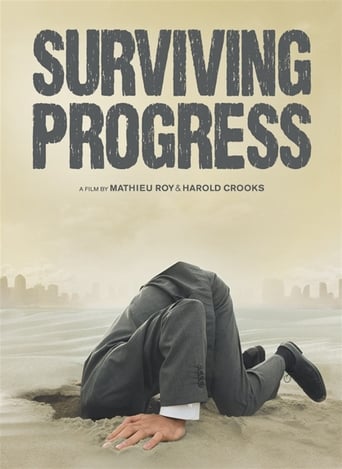



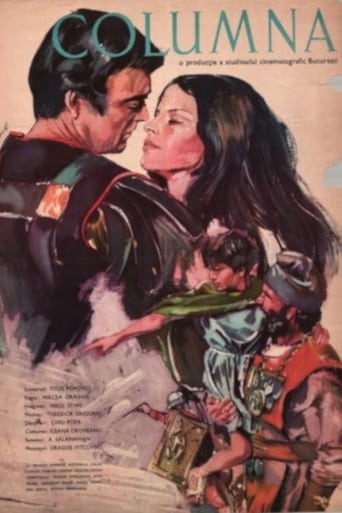





























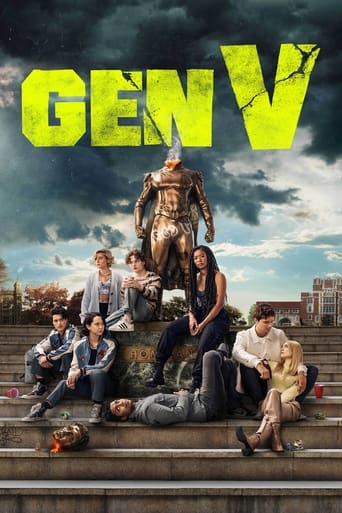


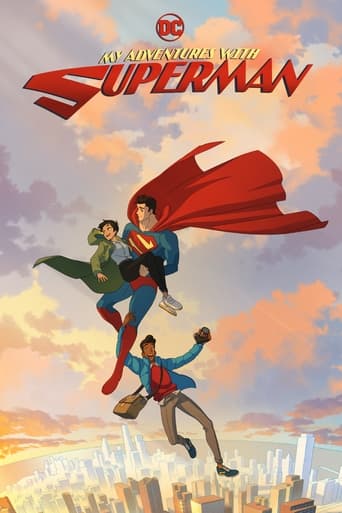
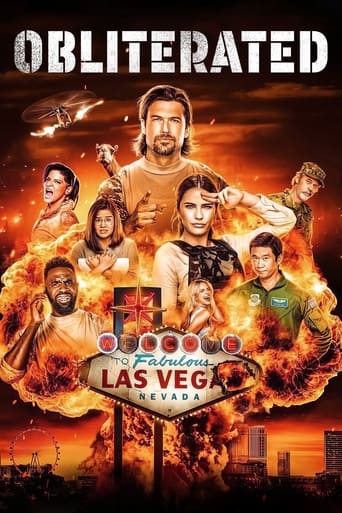
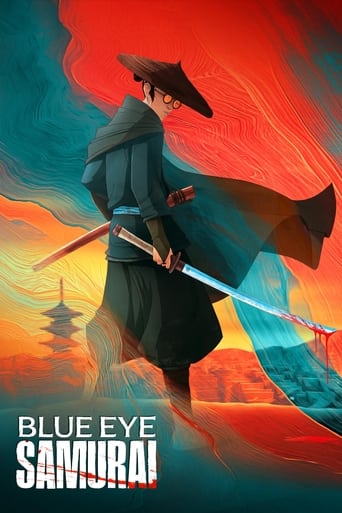
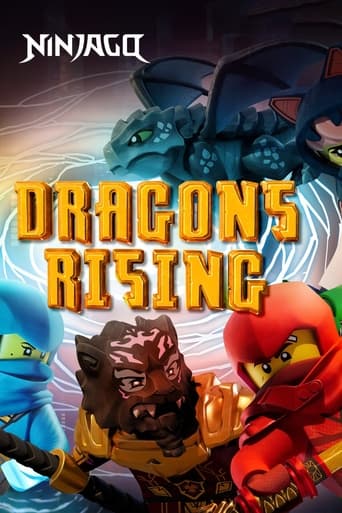
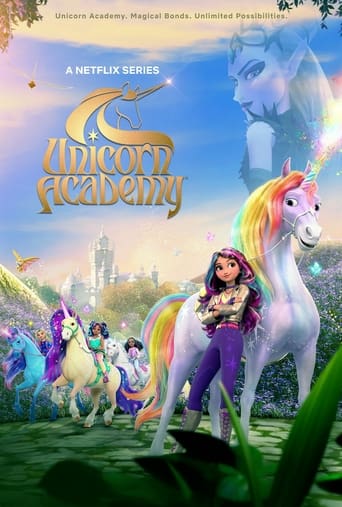




The Universal Language
The Universal Language is a new documentary from Academy Award-nominated director Sam Green (The Weather Underground). This 30-minute film traces the history of Esperanto, an artificial language that was created in the late 1800s by a Polish eye doctor who believed that if everyone in the world spoke a common tongue, humanity could overcome racism and war. Fittingly, the word “Esperanto” means “one who hopes.” During the early 20th century, hundreds of thousands of people around the world spoke Esperanto and believed in its ideals. Today, surprisingly, a vibrant Esperanto movement still exists. In this first-ever documentary about Esperanto, Green creates a portrait of the language and those who speak it today that is at once humorous, poignant, stirring, and ultimately hopeful.